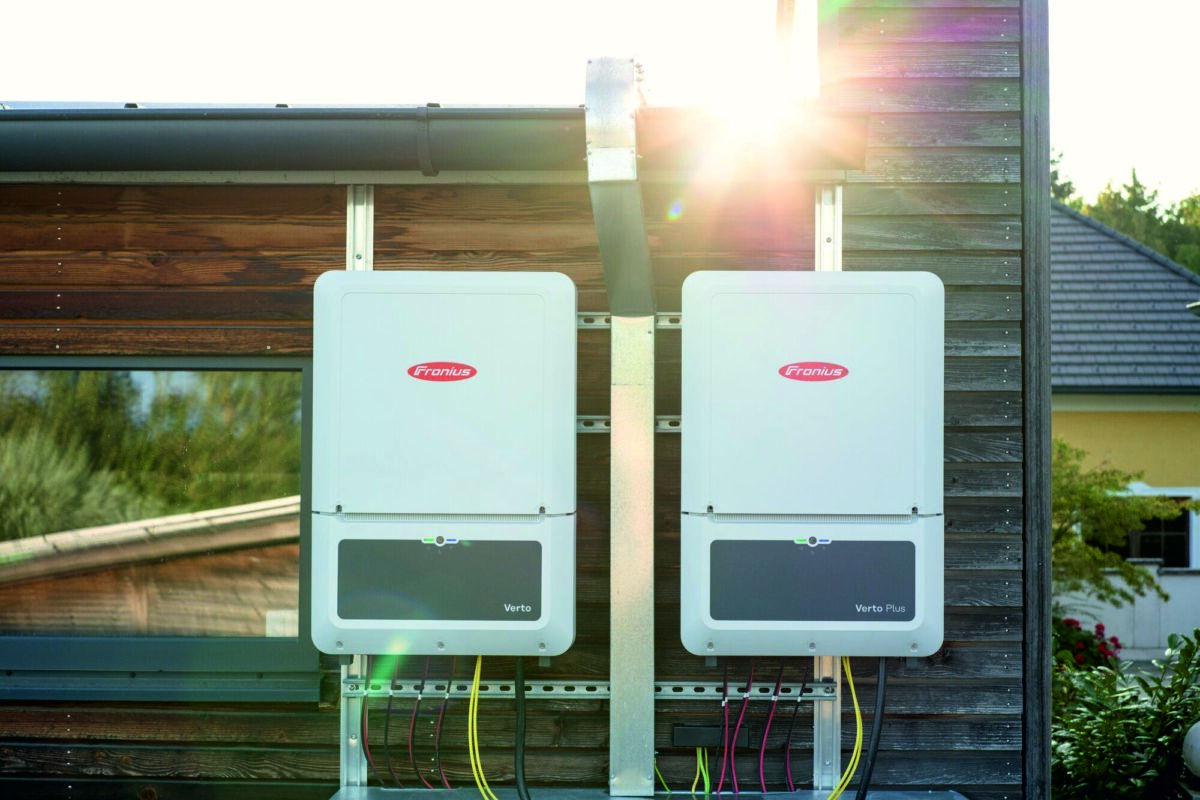From pv magazine Germany
Scientists around the world are looking for post-lithium storage technologies and an interesting option is represented by zinc-air batteries. These storage systems, however, still struggle with a high level of chemical instability, which ultimately leads to electrochemically-irreversible damage.
A group of researchers led by Wei Sun from the MEET Battery Research Center at the Westphalian Wilhelms University in Münster, wants to overcome the technical weaknesses of conventional zinc-air batteries by using innovative battery chemistry based on non-alkaline, aqueous electrolytes.
The results of their research, in which the Fudan University in Shanghai, the University of Science and Technology in Wuhan, the University of Maryland and the U.S. Army Research Laboratory were also involved, have been published in the journal Science. “Our innovative, non-alkaline electrolyte brings a previously unknown reversible zinc peroxide (ZnO2)/O2 chemistry to the zinc-air battery,” explained Sun.
Conventional electrolytes used thus far were strongly alkaline. The new battery chemistry is based on the salt of zinc trifluoromethanesulfonate, which is claimed to have several advantages, Sun said, noting that the zinc anode is used more efficiently thanks to its higher chemical stability and electrochemical reversibility.
The zinc-air batteries developed with this chemistry could be operated stably for 320 cycles and 1,600 hours. The influence of the ZnO2/O2 battery chemistry and the role of the hydrophobic trifluoromethanesulfonate anion were systematically investigated with the help of electrochemical and analytical techniques and with simulations formulated at multiple scales.
The scientists ascertained that the batteries have a higher energy density and that these devices can potentially compete with currently dominant lithium-ion storage systems. “However, this technology needs further, intensive research and optimization before it can be used in practice,” said Sun.
This content is protected by copyright and may not be reused. If you want to cooperate with us and would like to reuse some of our content, please contact: editors@pv-magazine.com.




2 comments
By submitting this form you agree to pv magazine using your data for the purposes of publishing your comment.
Your personal data will only be disclosed or otherwise transmitted to third parties for the purposes of spam filtering or if this is necessary for technical maintenance of the website. Any other transfer to third parties will not take place unless this is justified on the basis of applicable data protection regulations or if pv magazine is legally obliged to do so.
You may revoke this consent at any time with effect for the future, in which case your personal data will be deleted immediately. Otherwise, your data will be deleted if pv magazine has processed your request or the purpose of data storage is fulfilled.
Further information on data privacy can be found in our Data Protection Policy.